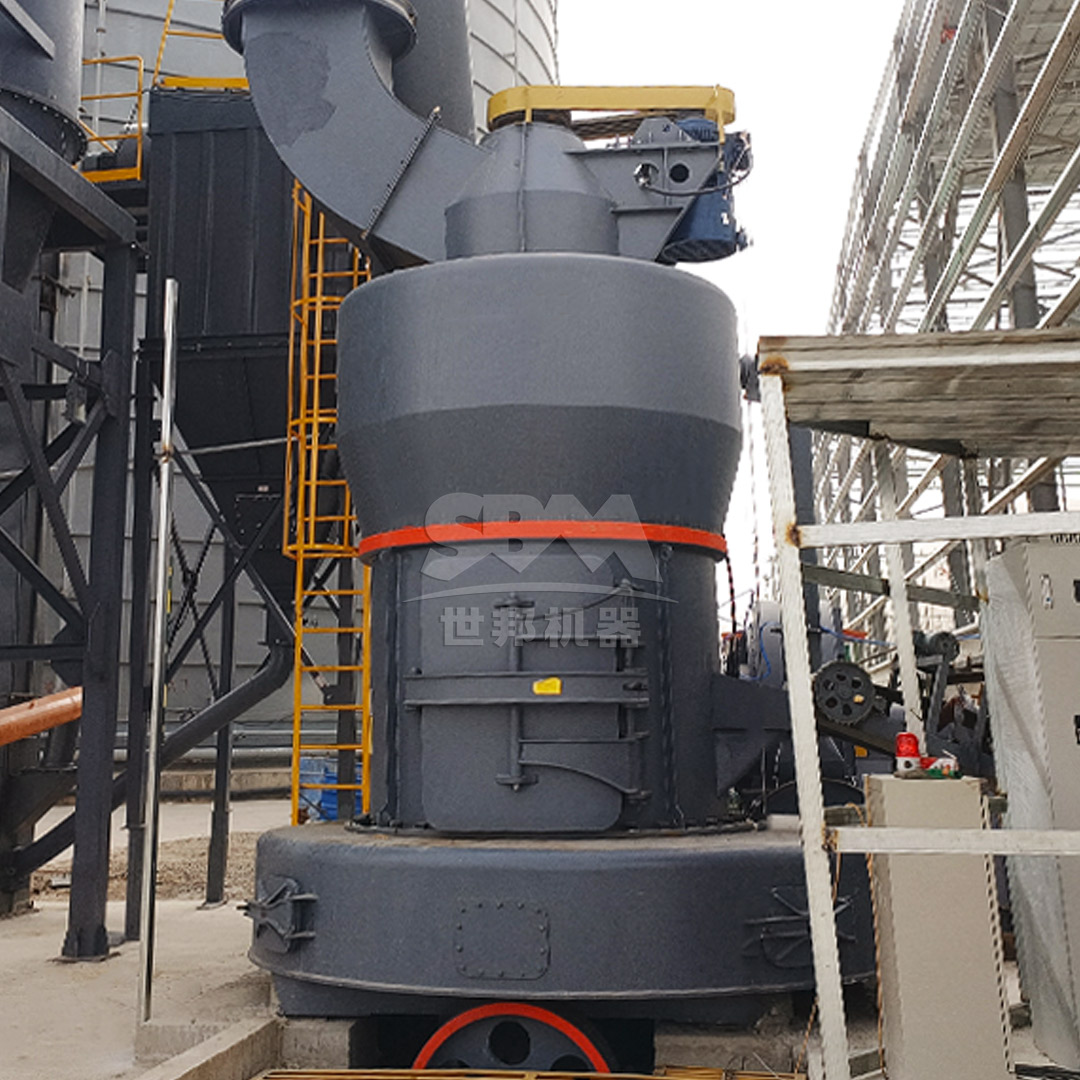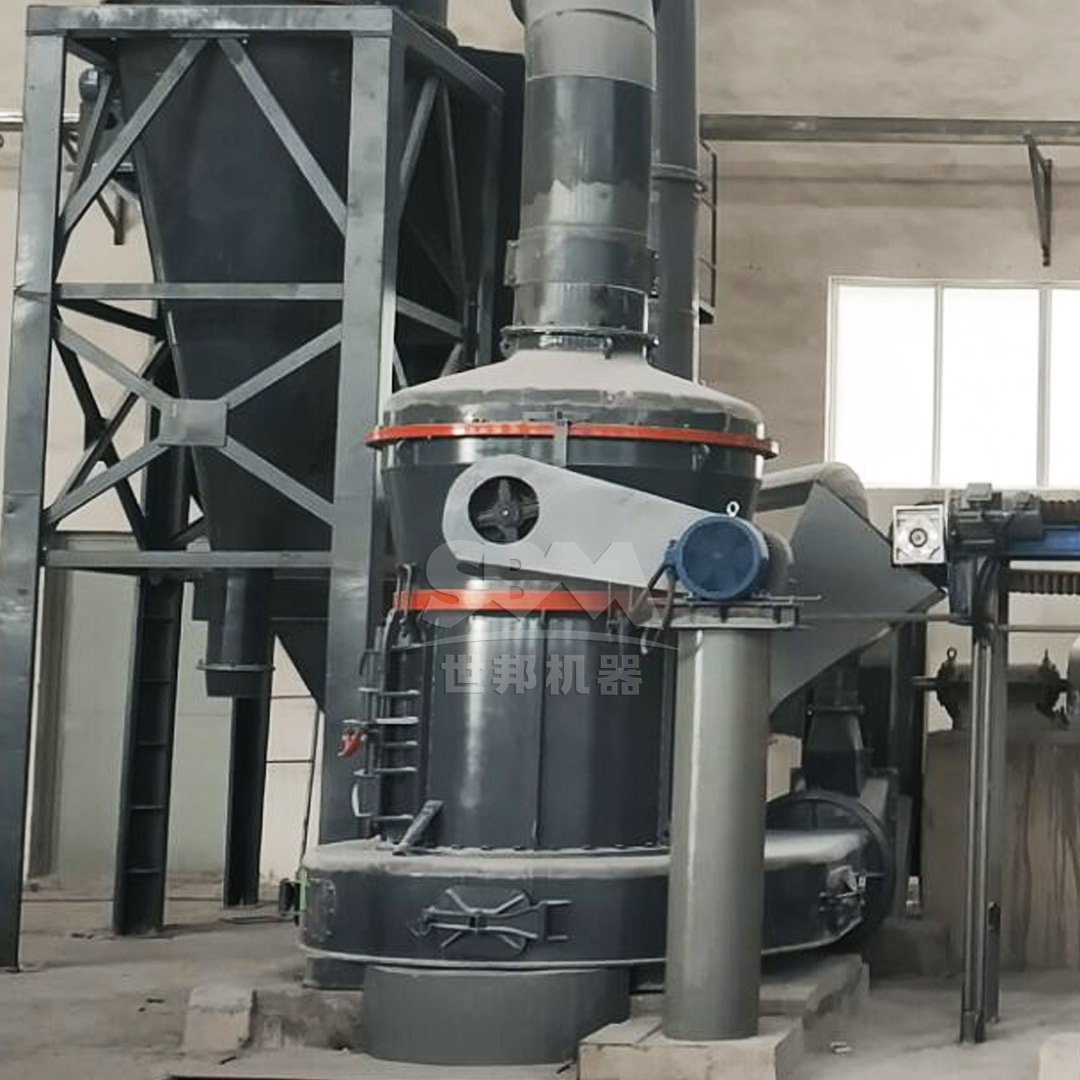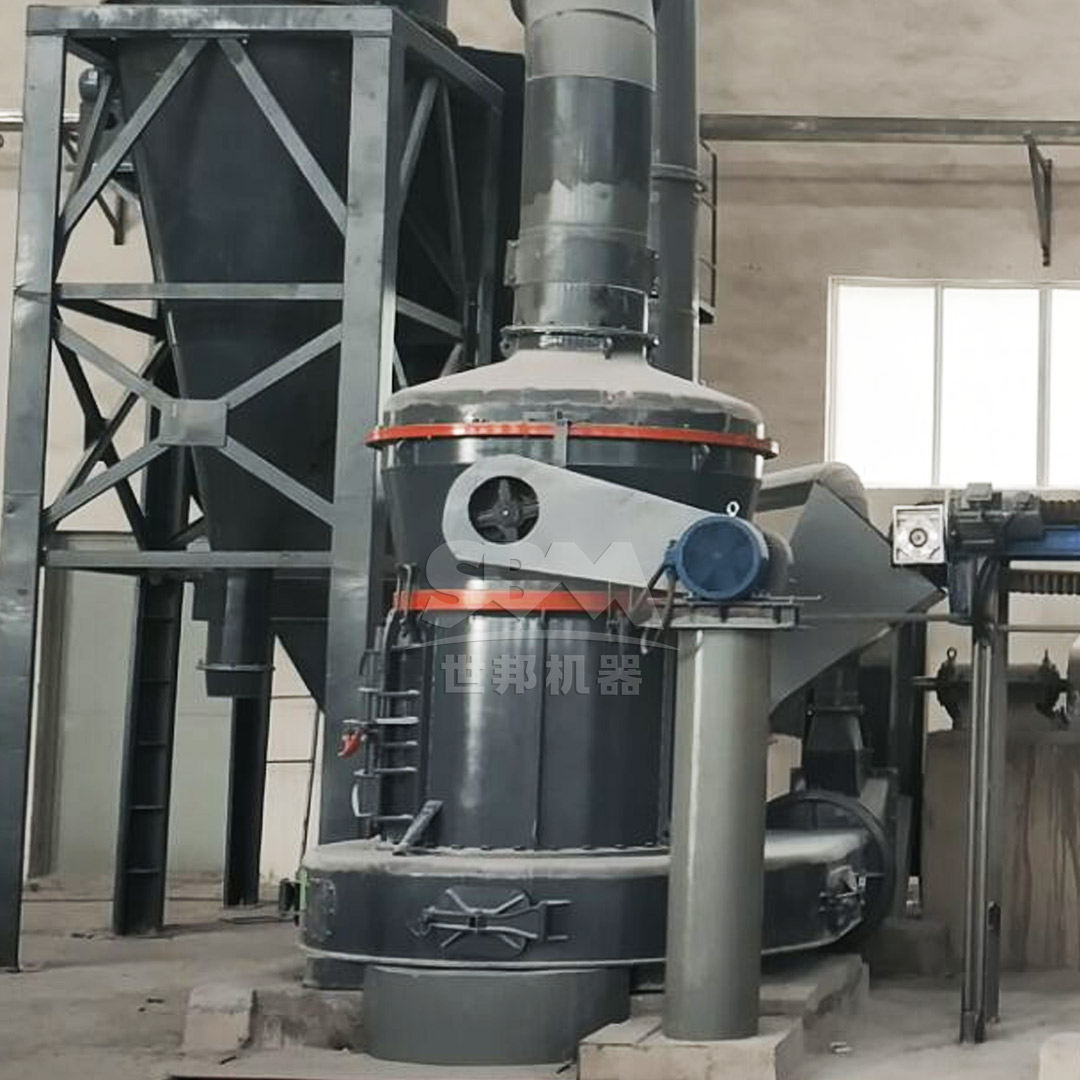Precision casting, also known as investment casting, requires high-quality gypsum powder with specific particle size distribution and purity characteristics. The selection of an appropriate gypsum powder making machine is crucial for achieving the desired casting quality, dimensional accuracy, and surface finish. This comprehensive guide explores the key factors to consider when choosing gypsum processing equipment for precision casting applications.

Precision casting demands gypsum powder with controlled particle size distribution. The ideal machine should produce powder ranging from 45μm to 5μm (325-2500 mesh), with D97 values consistently maintained below critical thresholds. Uniform particle distribution ensures proper slurry viscosity, mold strength, and dimensional stability during the casting process.
High-purity gypsum with minimal impurities is essential for precision casting applications. The selected equipment must maintain chemical consistency batch after batch, as variations can affect setting time, expansion characteristics, and final casting quality.
Different precision casting applications require specific fineness levels. For detailed surface reproduction, finer powders (2500 mesh) are necessary, while structural components may tolerate coarser distributions (325 mesh). The machine must offer adjustable fineness control with minimal variation.
| Application Type | Required Fineness (Mesh) | D97 Value | Production Rate |
|---|---|---|---|
| Jewelry Casting | 1500-2500 | ≤5μm | 0.5-4 ton/h |
| Dental Applications | 2000-2500 | ≤5μm | 0.5-2 ton/h |
| Industrial Components | 325-800 | ≤45μm | 3-25 ton/h |
| Aerospace Castings | 800-1500 | ≤18μm | 1-15 ton/h |
Evaluate your production requirements carefully. Small-scale operations may suffice with 0.5-4 ton/h capacity, while industrial applications might need 15-25 ton/h throughput. Consider both current needs and future expansion when selecting machine size.
Modern gypsum powder machines should offer significant energy savings compared to traditional equipment. Look for systems that provide at least 30% reduction in energy consumption while maintaining output quality.

For high-precision casting applications requiring superfine gypsum powder, ultrafine grinding mills are the optimal choice. These systems excel in producing powder in the 325-2500 mesh range with exceptional consistency.
Our SCM Ultrafine Mill series represents the pinnacle of gypsum processing technology for precision casting. With output fineness ranging from 325-2500 mesh (D97≤5μm) and processing capacity from 0.5-25 ton/h, these machines deliver exceptional performance for demanding casting applications. The vertical turbine classifier ensures precise particle size control, eliminating coarse powder contamination and guaranteeing uniform batch quality.
For applications requiring medium fineness (30-325 mesh), trapezium mills offer excellent efficiency and reliability. The MTW Series Trapezium Mill provides robust performance with output ranging from 30-325 mesh and capacity from 3-45 ton/h. Its curved air channel design reduces energy loss by 30%, while the combined blade system minimizes maintenance costs – crucial factors for continuous casting operations.
Vertical roller mills provide integrated crushing, grinding, and separation functions in a compact footprint. Our LM Series Vertical Roller Mill offers output fineness from 30-325 mesh (special models to 600 mesh) with capacity ranging from 3-250 ton/h. The centralized design reduces installation space by 50% and foundation costs by 40%, making it ideal for space-constrained facilities.
The classification system determines the final particle size distribution. Advanced systems feature vertical turbine classifiers with multiple rotor stages for precise size cuts. Look for equipment that guarantees no coarse powder mixing and maintains consistent D97 values throughout operation.
Gypsum processing generates significant wear on grinding components. Machines with special material rollers and grinding rings can extend service life by 3-5 times compared to standard components. Our SCM series utilizes specially formulated wear materials that withstand the abrasive nature of gypsum while maintaining grinding efficiency.
Modern foundries must adhere to strict environmental standards. Equipment should feature pulse dust collection systems with efficiency exceeding international standards and noise levels below 75dB. Fully sealed negative pressure operation ensures dust emissions remain below 20mg/m³.
| Machine Type | Optimal Fineness Range | Capacity Range | Energy Efficiency | Maintenance Interval |
|---|---|---|---|---|
| SCM Ultrafine Mill | 325-2500 mesh | 0.5-25 ton/h | 30% savings | 6000 hours |
| MTW Trapezium Mill | 30-325 mesh | 3-45 ton/h | 25% savings | 4500 hours |
| LM Vertical Mill | 30-600 mesh | 3-250 ton/h | 40% savings | 8000 hours |
| Ball Mill | 0.074-0.8mm | 0.65-450 ton/h | Standard | 3000 hours |
Modern gypsum powder machines incorporate intelligent control systems that automatically monitor and adjust operational parameters. Our equipment features expert-level automatic control systems supporting remote/local operation switching and real-time monitoring of critical parameters.
Advanced systems include automatic feedback mechanisms that adjust grinding parameters based on real-time particle size analysis. This ensures consistent output quality regardless of raw material variations.

For laboratory, dental, or jewelry casting applications, the SCM800 and SCM900 models provide ideal solutions. With capacities of 0.5-4.5 ton/h and 0.8-6.5 ton/h respectively, these compact systems deliver the ultra-fine powder required for intricate castings while maintaining reasonable energy consumption (75-90kW).
Industrial precision casting operations benefit from the SCM1250 and SCM1680 models, offering 2.5-14 ton/h and 5-25 ton/h capacity respectively. These systems maintain the same high-quality output while scaling production to meet industrial demands.
For large-scale foundries, the MTW215G and LM280K models provide 15-45 ton/h and 50-170 ton/h capacity respectively, with the flexibility to produce various fineness levels for different casting applications within the same facility.
Evaluate the footprint of potential equipment. Vertical mills typically require 50% less space than traditional ball mills, while maintaining similar or superior output characteristics. Consider both the machine footprint and ancillary equipment requirements.
Assess power consumption, compressed air needs, and water requirements for cooling systems. Our SCM series operates at noise levels ≤75dB without requiring extensive soundproofing measures.
Choose equipment manufacturers that provide comprehensive training and technical support. Proper operator training significantly impacts equipment performance, maintenance requirements, and final product quality.
While advanced grinding systems may require higher initial investment, their superior energy efficiency (30-40% savings), reduced maintenance costs, and higher quality output typically deliver ROI within 12-24 months for continuous operations.
Consider wear part replacement costs, energy consumption, maintenance labor, and potential production losses due to downtime. Machines with extended maintenance intervals and wear-resistant components offer significantly lower total cost of ownership.
Select equipment that can accommodate future production increases and product diversification. Modular systems that allow capacity expansion or fineness adjustment provide long-term value and adaptability.
Choose manufacturers that offer regular technology updates and compatibility with emerging industry standards, particularly regarding environmental regulations and automation integration.
Selecting the right gypsum powder making machine for precision casting requires careful consideration of technical specifications, production requirements, and long-term operational costs. The SCM Ultrafine Mill series stands out for applications demanding the highest levels of fineness and consistency, while the MTW Series Trapezium Mill offers excellent performance for medium-fineness requirements. By understanding your specific needs and matching them with the appropriate technology, you can ensure optimal casting quality, operational efficiency, and return on investment.
Consult with our technical experts to determine the ideal solution for your precision casting application, taking into account your current requirements and future growth plans. Proper equipment selection today will position your operation for success in the competitive precision casting market for years to come.